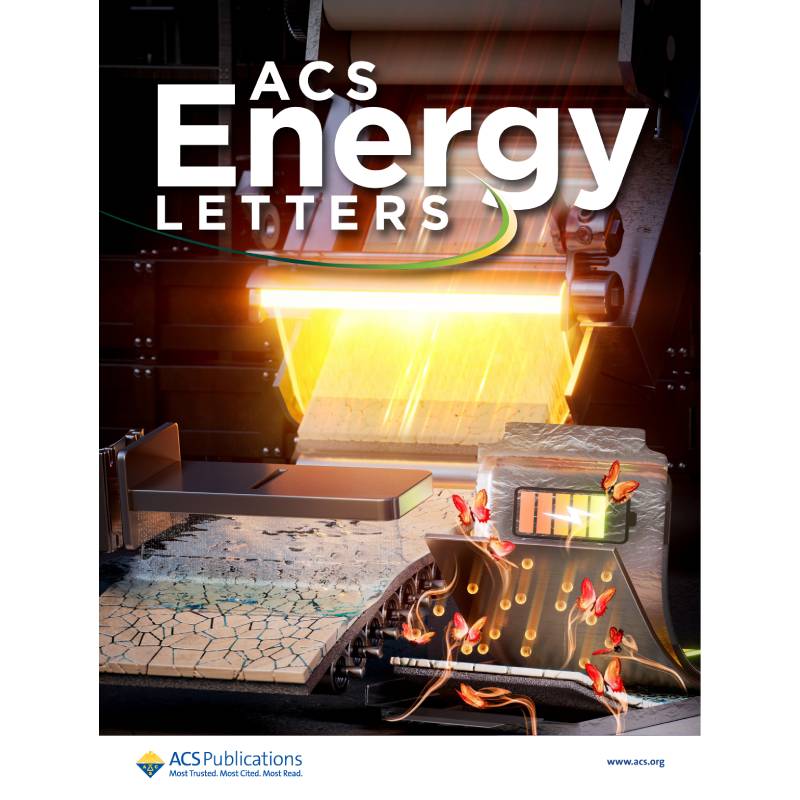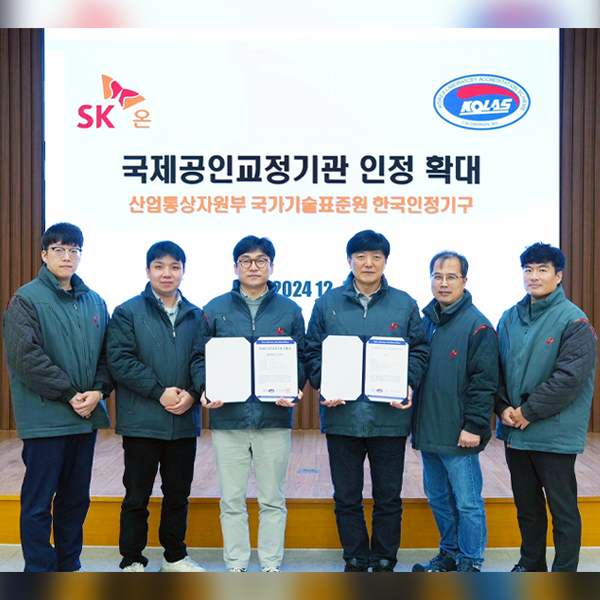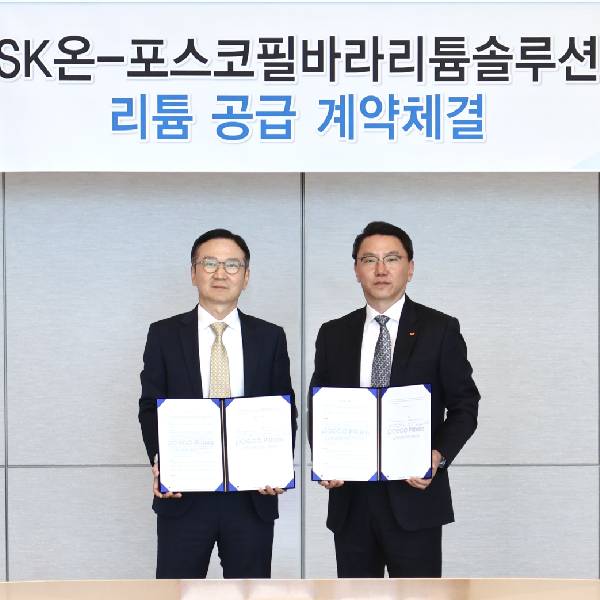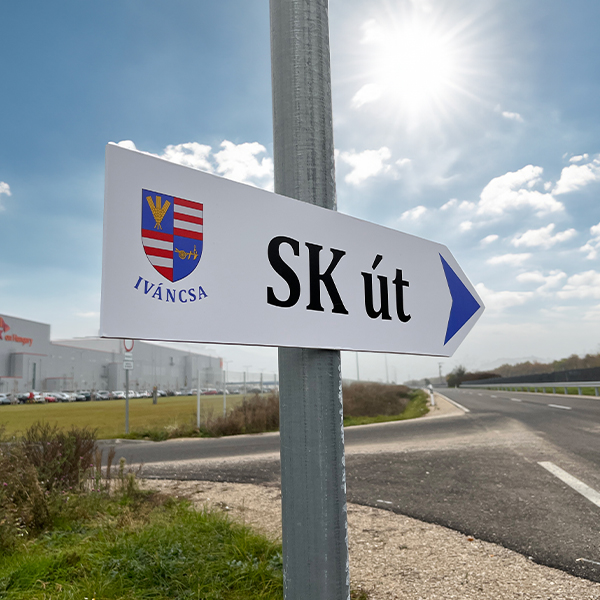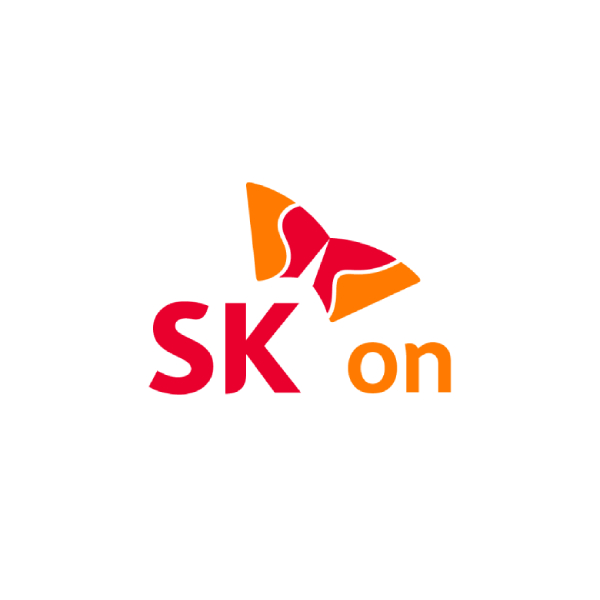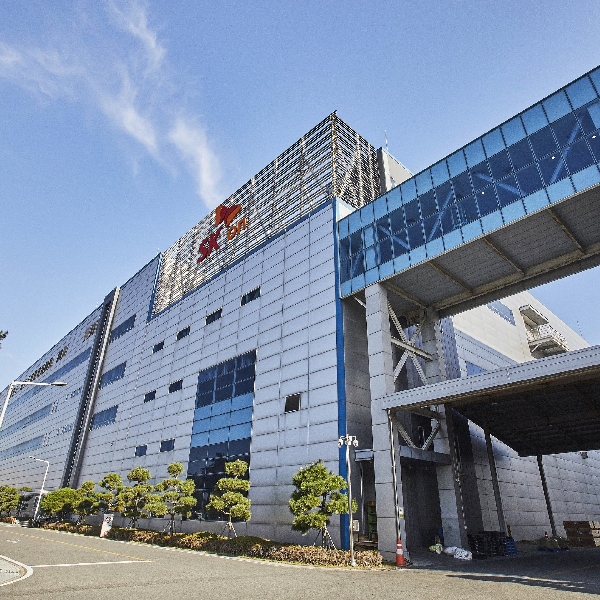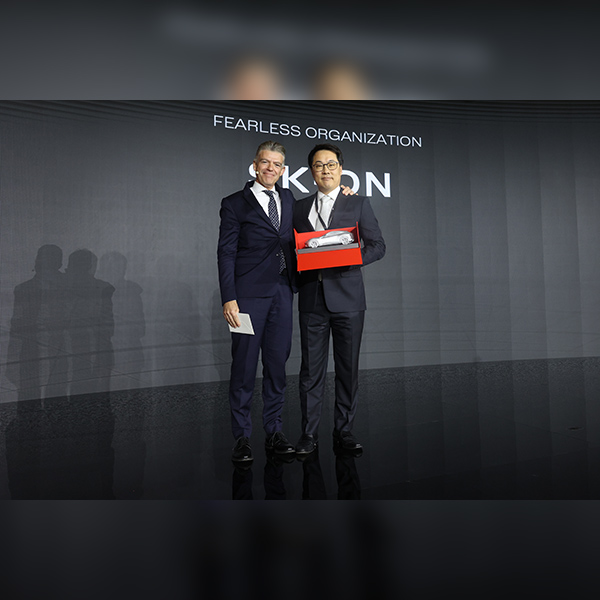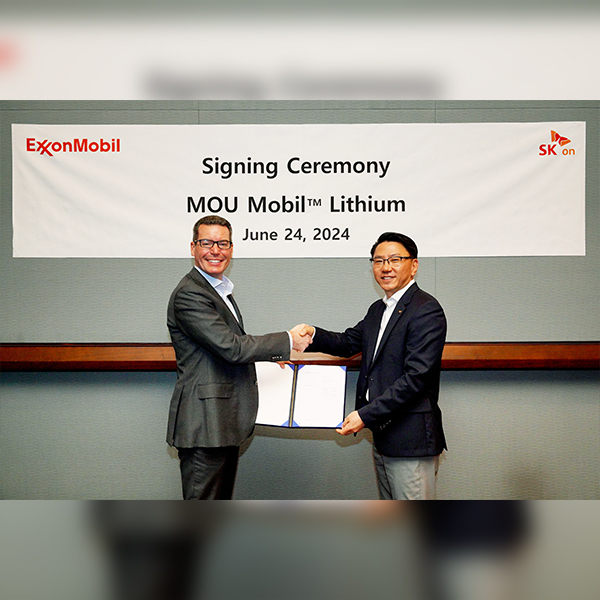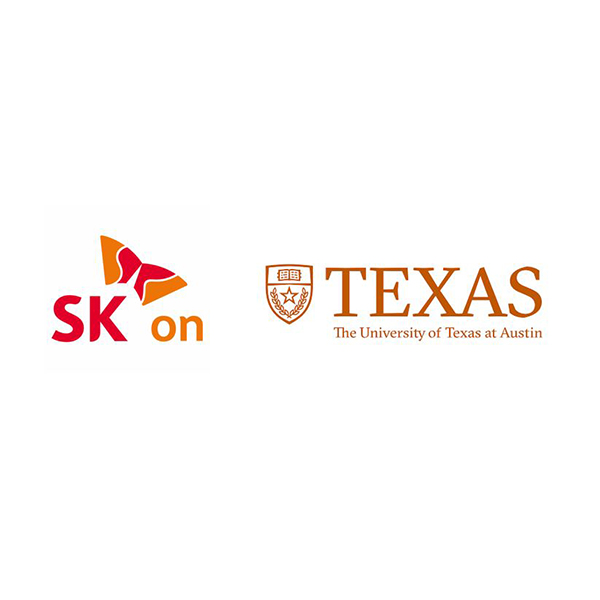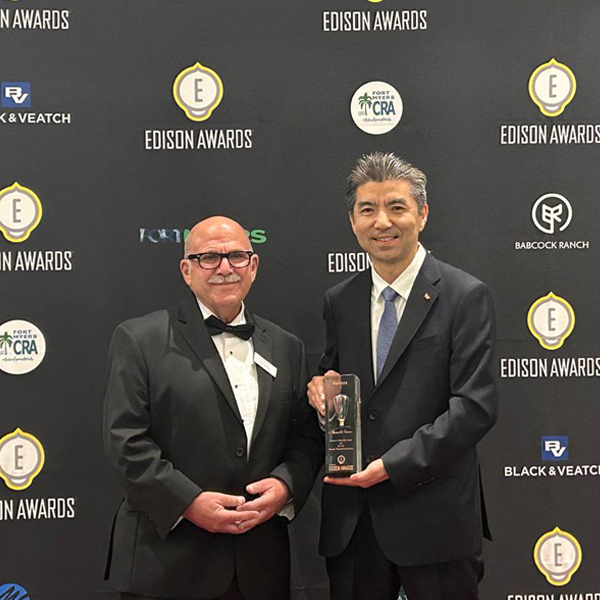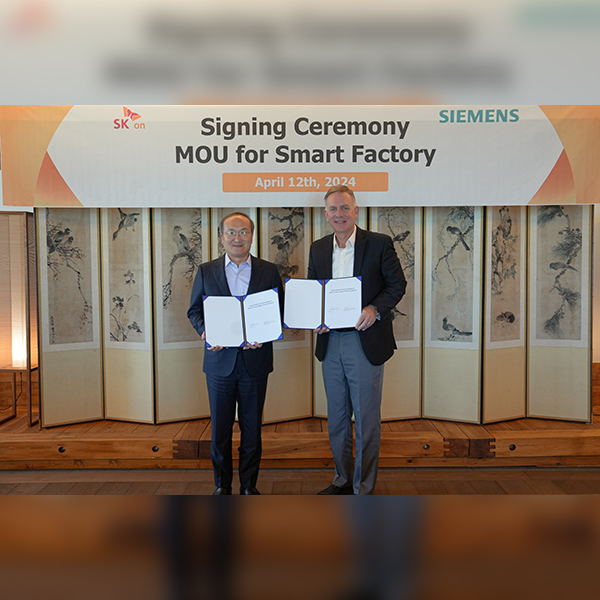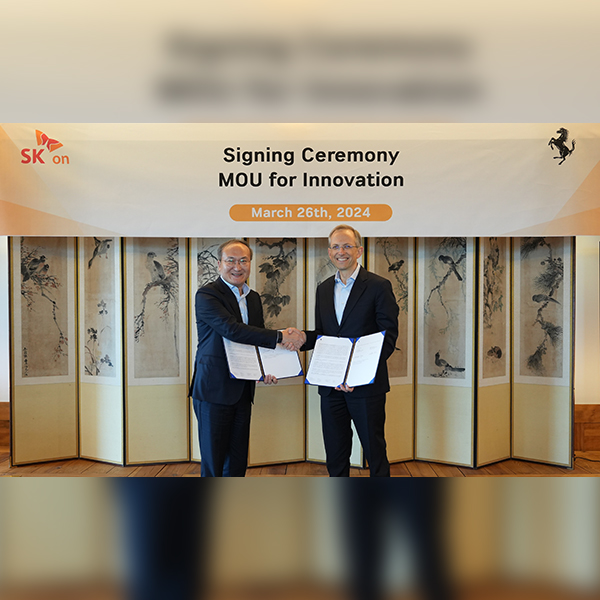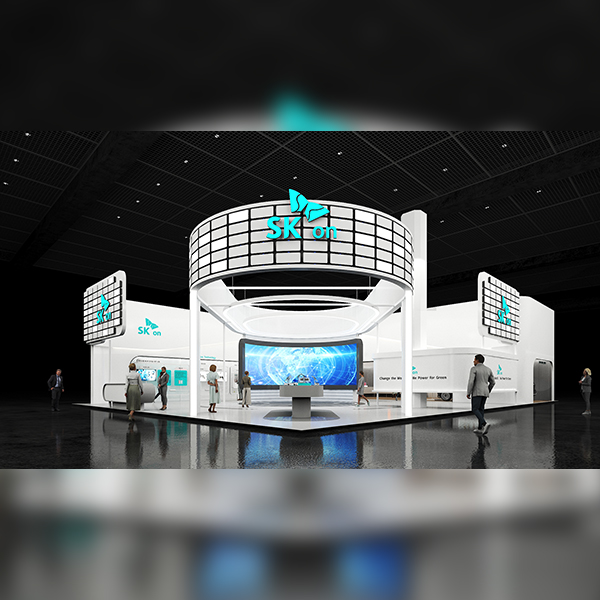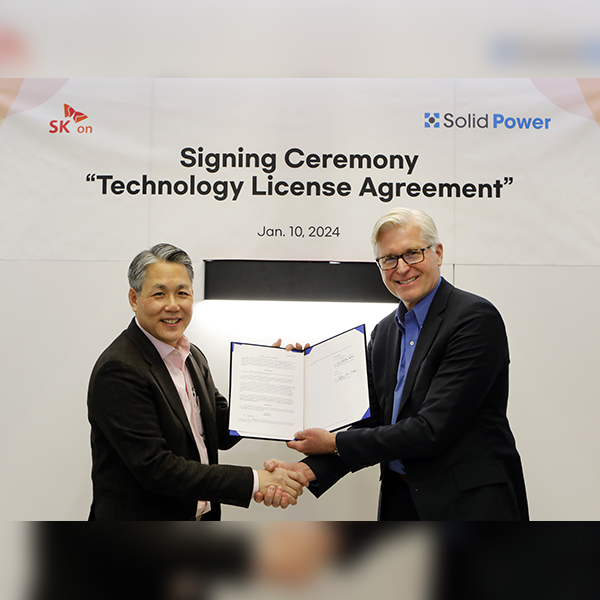 SK On
SK On■ Signed an MOU on the 8th for the establishment of the spent battery performance evaluation system
– To develop an evaluation system based on a pack unit for time and cost efficiency
■ To cooperate to preoccupy the global market while advancing the emergence of the spent battery reuse industry ecosystem
SK On signed a memorandum on the 8th with the Korea Testing Laboratory (KTL) under the Korean Ministry of Trade, Industry and Energy, the only public organization in Korea that provides comprehensive testing and certification services to together establish a spent battery performance evaluation method and system.
The spent battery market is expected to see explosive growth in the future as electric vehicles are gaining popularity fast. According to the Korean Ministry of Environment, the number of battery packs collected from scrapped electric cars is expected to witness a 30-fold hike from 1,075 this year to 31,696 in 2025.
Both parties agreed that it is necessary to devise a method to accurately and efficiently evaluate the performance and safety of batteries from scrapped electric cars to reuse them. The two plan to cooperate to build a pack unit-based evaluation method, which will overcome the limitations of the module unit-based evaluation method.
Batteries are loaded inside the electric car in a pack. A pack consists of about a dozen modules bound together, and each module is composed of several dozens of battery cells. Therefore, from the aspect of time and cost required for battery testing, it is most efficient and advantageous for securing economic viability to examine the entire pack without separating it into modules.
The parties expect the standardization of the pack unit-based battery evaluation method will advance the promotion of the infinite market ecosystem for reusing spent batteries, which includes the energy storage system (ESS) and small electric mobility vehicles. In addition, it will lay foundation for the domestic companies who are currently promoting relevant businesses to preoccupy the global market by securing business value.
To achieve this, KTL plans to utilize its technical skills and experience accumulated in the field of battery testing and evaluation over the years to build a new testing method. SK On will play the role of verifying and improving the testing model with its unrivaled technology and know-how gained through its battery manufacturing and quality testing.
In 2018, KTL opened the medium and large-sized secondary battery testing and certification center in Cheonan, Chungcheongnam-do, Korea which is equipped with about 100 different state-of-the-art equipment, which is the largest scale in the country. With its know-hows in secondary battery testing and evaluation, KTL guarantees the safety of secondary batteries to support local companies with their exports.
SK On has been striving to utilize spent batteries as a part of its BaaS (Battery as a Service) business. Recently, it developed an ESS using spent batteries and applied for the regulatory exceptions for a demonstration to be used at construction sites. Also, it is working with the Korea Battery Industry Association and others to introduce the battery rental service of ESS made of electric car batteries and spent batteries, taking the lead in promoting the ESS market with various BaaS models and establishing circular economy for batteries.
Song Tae-seung, Head of KTL’s Digital Industry Division, said, “Through this MOU, Korea’s top battery maker SK On and KTL, the secondary battery testing and certification institution, will fully utilize their ability to contribute to the quality improvement of the secondary batteries and spent batteries, which are the next big industries, and actively cooperate for mutual growth. In line with the carbon neutrality policy, we will establish a spent battery performance testing method and system and discover various industries that demand it, and make our best efforts to help SK On become the leader in the global market.”
“We will develop a spent battery evaluation model that is optimal in terms of safety, time, and cost to contribute to creating new demands and establishing the BaaS ecosystem with various business operators,” said Sohn Hawk, Head of E-mobility Office, SK On.
[Photos]
Song Tae-seung, Head of KTL’s Digital Industry Division (left) and Head of SK On’s E-mobility Business Sohn Hawk (right) take a commemorative photo after signing an MOU for the establishment of the spent battery performance evaluation system at SK Seorin Building, Seoul, Korea, on October 8th, 2021
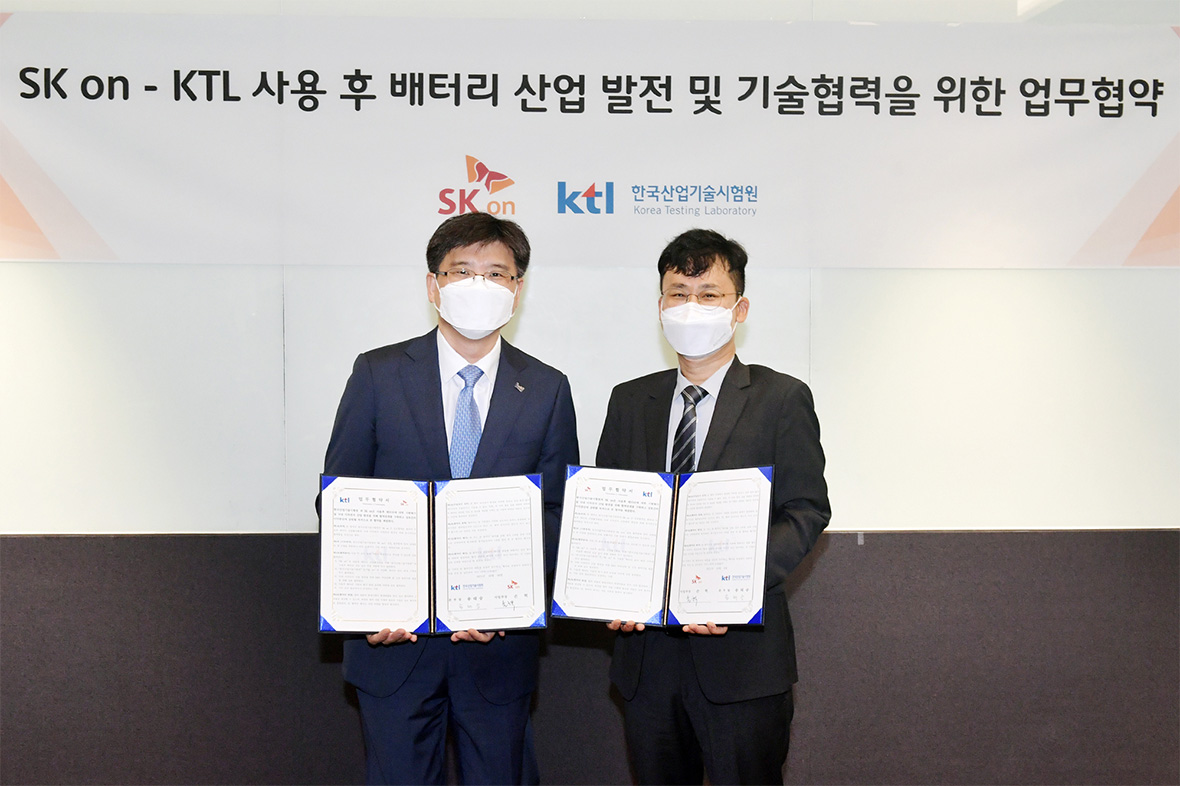
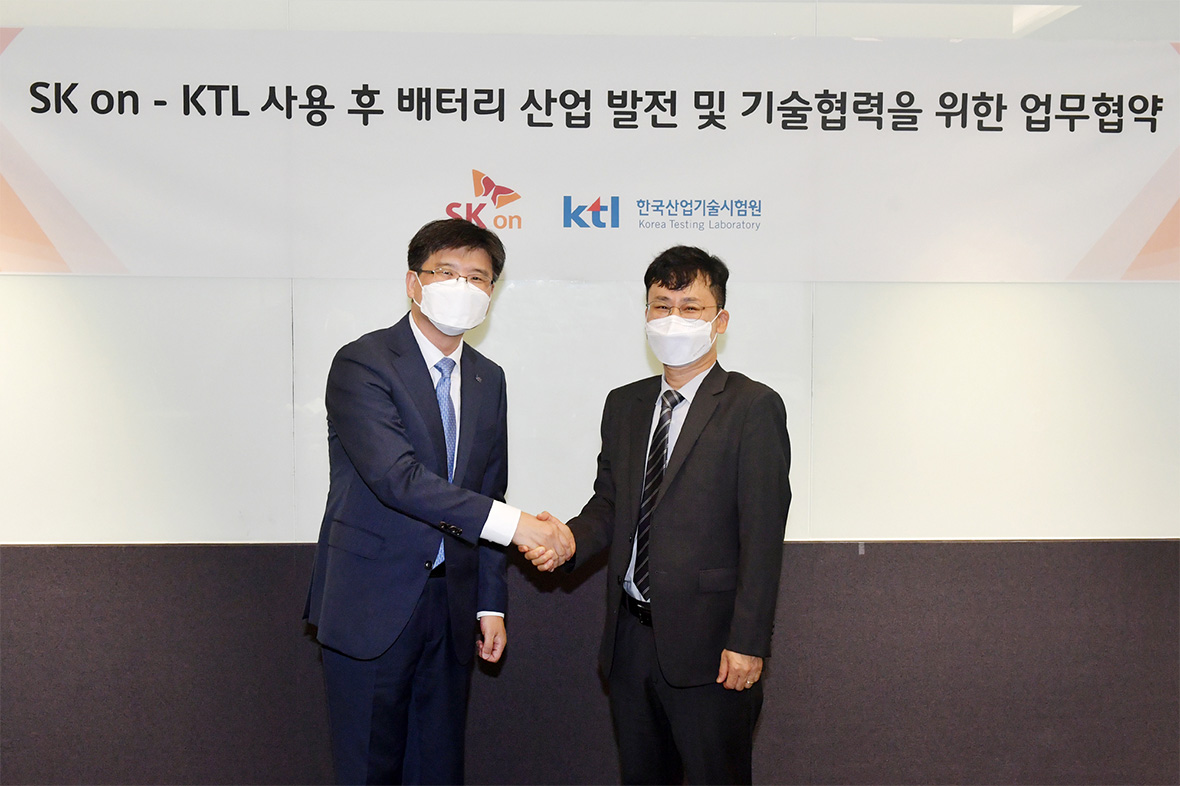










 Youtube
Youtube Facebook
Facebook Instagram
Instagram Linkedin
Linkedin








